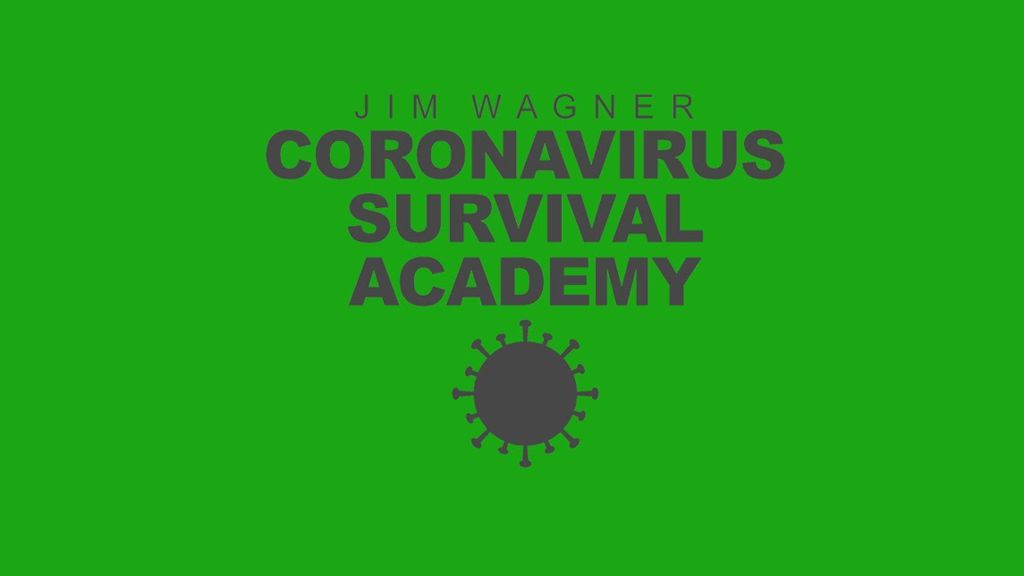It seems strange to launch a column on happiness during a pandemic. The timing is, well, awkward, isn’t it?
Maybe not. We’re stuck at home; our lives on COVID time have slowed to a near halt. This creates all sorts of obvious inconveniences, of course. But in the involuntary quiet, many of us also sense an opportunity to think a little more deeply about life. In our go-go-go world, we rarely get the chance to stop and consider the big drivers of our happiness and our sense of purpose.
On second thought, maybe this is the perfect time to launch a column on happiness.
I teach a class at the Harvard Business School on happiness. It surprises some people when I tell them this—that a subject like happiness is taught alongside accounting, finance, and other, more traditional MBA fare. Nathaniel Hawthorne once famously said, “Happiness is a butterfly, which, when pursued, is always just beyond your grasp, but which, if you will sit down quietly, may alight upon you.” This is not exactly the stuff of business administration.
But if you imagine my students sitting outside in a circle (or in a virtual circle on videochat, these days) hoping to have a butterfly land on us, you’re wrong. Here are a few of our topics: “Affect and the Limbic System,” “The Neurobiology of Body Language,” “Homeostasis and the Persistence of Subjective Well-Being,” “Oxytocin and Love,” “Acquisition Centrality and Negative Affect,” and “The Hedonic Treadmill.”
The scientific study of happiness has exploded over the past three decades. The Nobel Prize winners Daniel Kahneman and Angus Deaton (both at Princeton University) publish extensively on the subject. The University of Pennsylvania has a whole graduate-degree program in positive psychology, led by Martin Seligman, one of the most distinguished social psychologists in the world. A peer-reviewed academic journal called the Journal of Happiness Studies has been in operation since the year 2000 and enjoys high prestige in scholarly circles.
Religion, philosophy, and the arts have long considered happiness a subject suitable for study. The sciences have only recently caught up. This column, which we’re calling “How to Build a Life,” will draw on all these sources of wisdom in the hope of helping you identify the building blocks of happiness—family, career, friendships, faith, and so on—and giving you the tools to use them to construct a life that is balanced and full of meaning, and that serves your values.
This column has been in the works for some time, but my hope is that launching it during the pandemic will help you leverage a contemplative mindset while you have the time to think about what matters most to you. I hope this column will enrich your life, and equip you to enrich the lives of the people you love and lead.
To start us off, I want to give you three equations for well-being—equations that, in my opinion, you need to know to start managing your own happiness more proactively.







